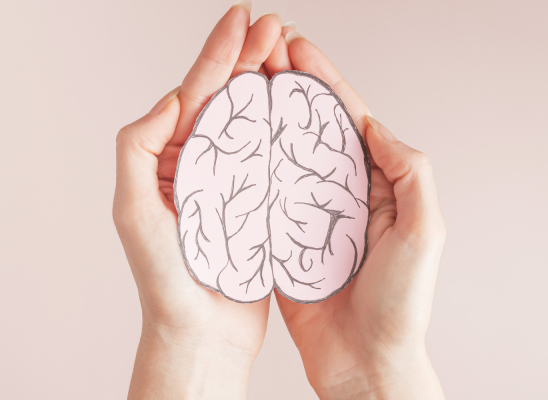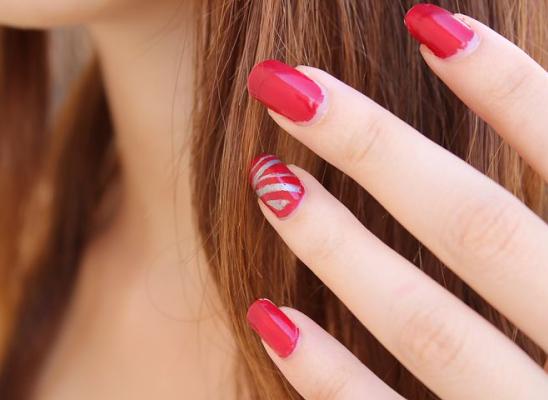Tools for school: resources for coping with trich during the school year
Online test
Find out the severity of your symptoms with this free online test

The beginning of a new school year can bring on a mix of emotions—it is both exciting and nerve-wrecking. If you are a college freshman or recently changed schools, this time of year may even be a little daunting. For some people, stress can be very overwhleming and they develop unhealthy or destructive coping mechanisms. While there is no known definitive cause for trichotillomania, there is evidence that stress can be a major trigger for the onset of compulsive hair pulling. Hair pulling is often reported to provide a sense of release from tension. According to Mental Health America, about 1-2% of adults and adolescents suffer from the disorder, recognized by the American Psychiatric Association (APA) as related to Obessive Compulsive Disorder. Hair pulling can be triggered by stressful events, even something as seemingly routine as the new school year.
Coping with the new school year
If you feel your school year stress is putting you at risk of trichotillomania, follow these tips to help relieve some of your anxiety.
1. Keep Your Hands Busy
Picking up a new hobby is a fun way to reduce stress and dig into natural talents that you may not be using. Because trichotillomania is a behavior that primarily makes use of your hands, by finding ways to keep your hands busy, you’ll reduce the temptation to pull your hair. Sewing, writing, cooking… whatever your passion, it can help. There are also a number fiddles and fidgets some find useful in keeping the hands busy.
2. Get a Good Night’s Sleep
Anxiety is often coupled with restlessness. Do what you can to guarantee a good night’s sleep to relax your mind and body.Limit screen time in the evening and avoid screens all together at least a half-hour before bed. Studies have linked excessive screen time to poor quality rest. It might help to develop a new bedtime routine such as reading or enjoying a warm cup of tea before you go to sleep.

3. Exercise
It’s no secret that physical fitness is good for your body, but did you know it could help lessen anxiety, too? When you work out your body releases endorphins. These “happy hormones” reduce pain and can put you in a sort of euphoric state.
4. Talk to a Friend
If you have a lot on your mind, confiding in a close friend or family member could help. They may have advice on how to help ease your mind, but the simple act of telling all and a good, strong hug may be all you need to feel a little less worried.
5. Make a To-Do List
Listing all of the things that stress you out may not sound like a great idea, but it is! At our most anxious times, every little task can feel overwhelming. Creating a list with real, manageable objectives puts you in control again.
If you have already started pulling your hair or feel the urge is overwhelming, you may want to seek professional help or access a support group that can help you explore about ways you can regain control over the behavior. The TLC BFRB Foundation offers resources for people who suffer from trichotillomania and can help you find a therapist in your area. They are currently offering a discount on some of their fiddles, books and DVDs from their online store. Simply use the code "SCHOOL16" to benefit from the discount.
Sources:
http://www.mentalhealthamerica.net/conditions/trichotillomania-hair-pulling
https://www.bfrb.org/find-help-support/find-a-therapist
http://www.kidsmatter.edu.au/families/enewsletter/screen-time-and-sleep
http://www.webmd.com/depression/guide/exercise-depression
http://www.thesleepjudge.com/different-ways-technology-affects-sleep-quality/
Online test
Find out the severity of your symptoms with this free online test
Start your journey with TrichStop
Take control of your life and find freedom from hair pulling through professional therapy and evidence-based behavioral techniques.
Start Now



